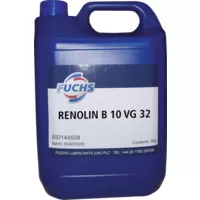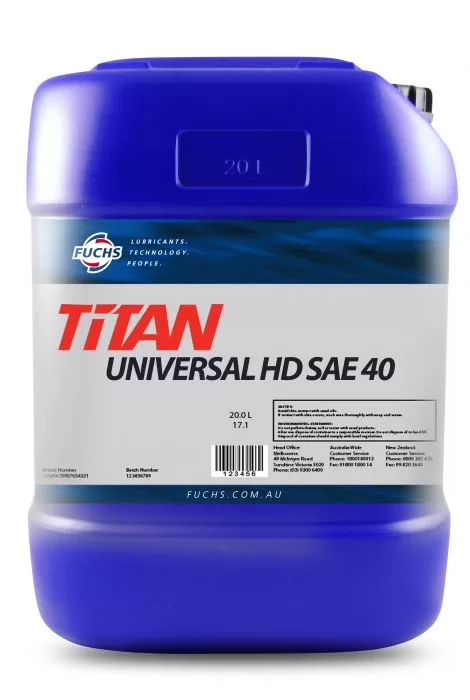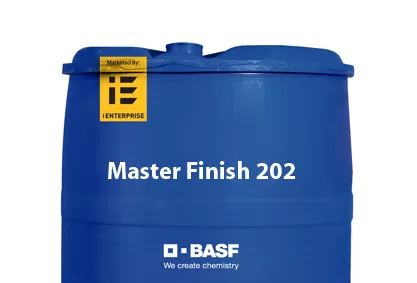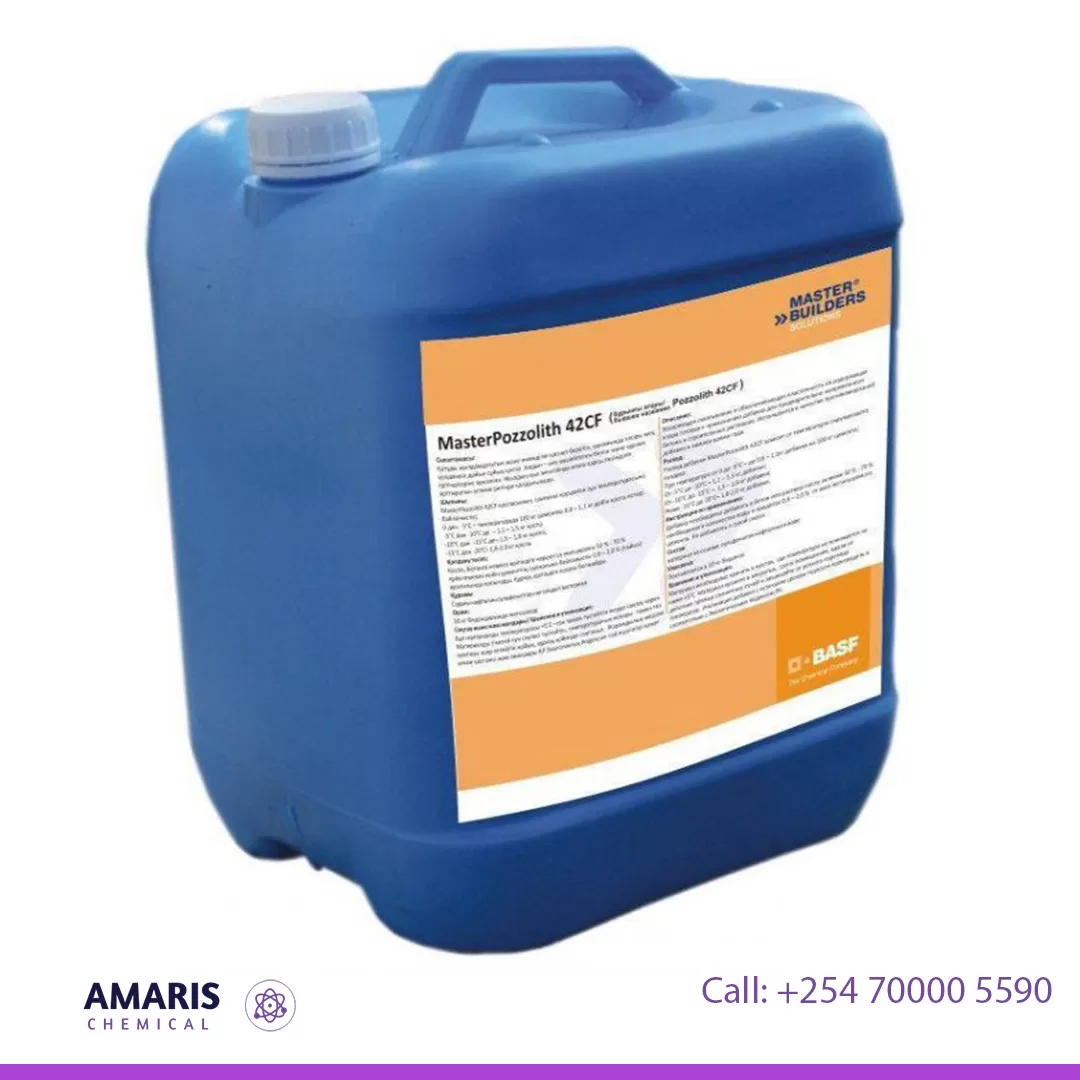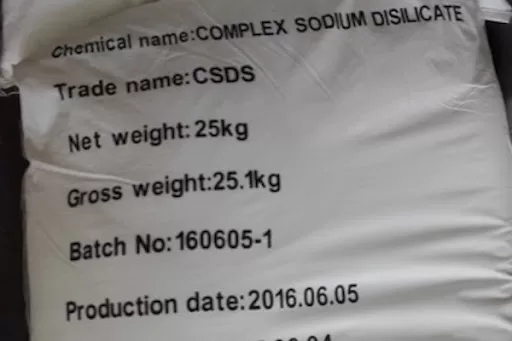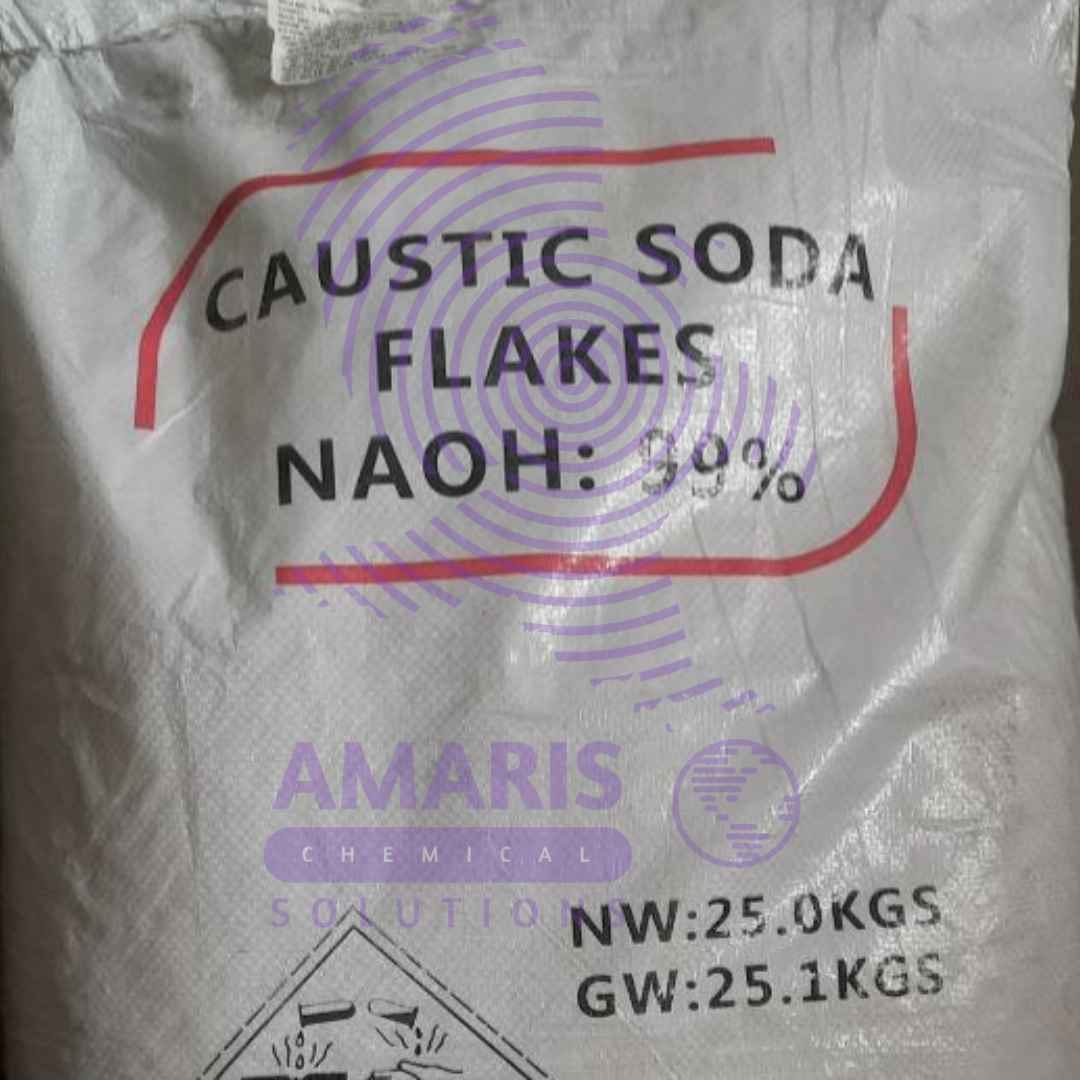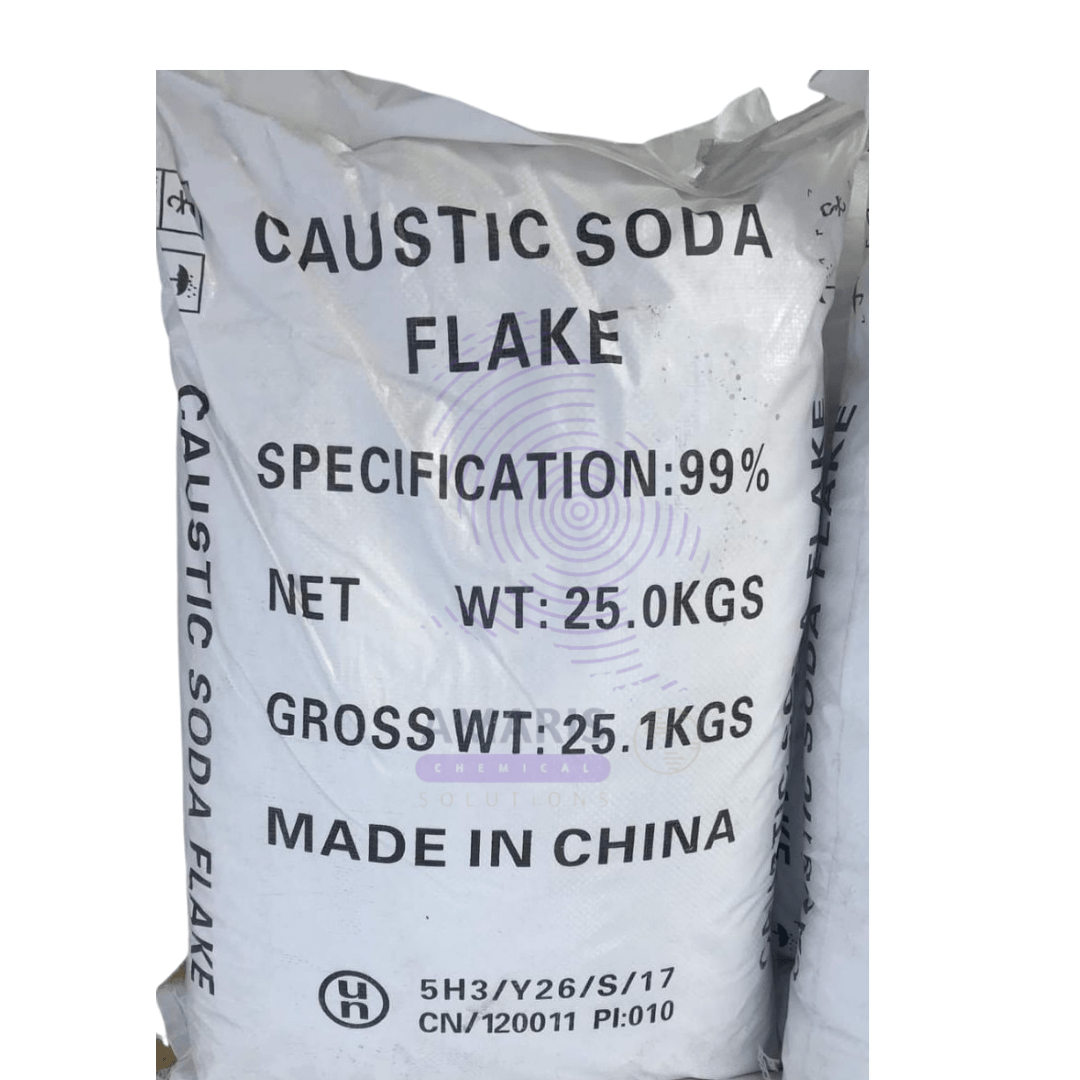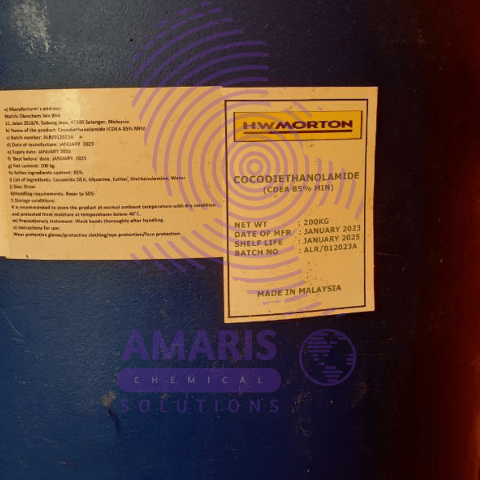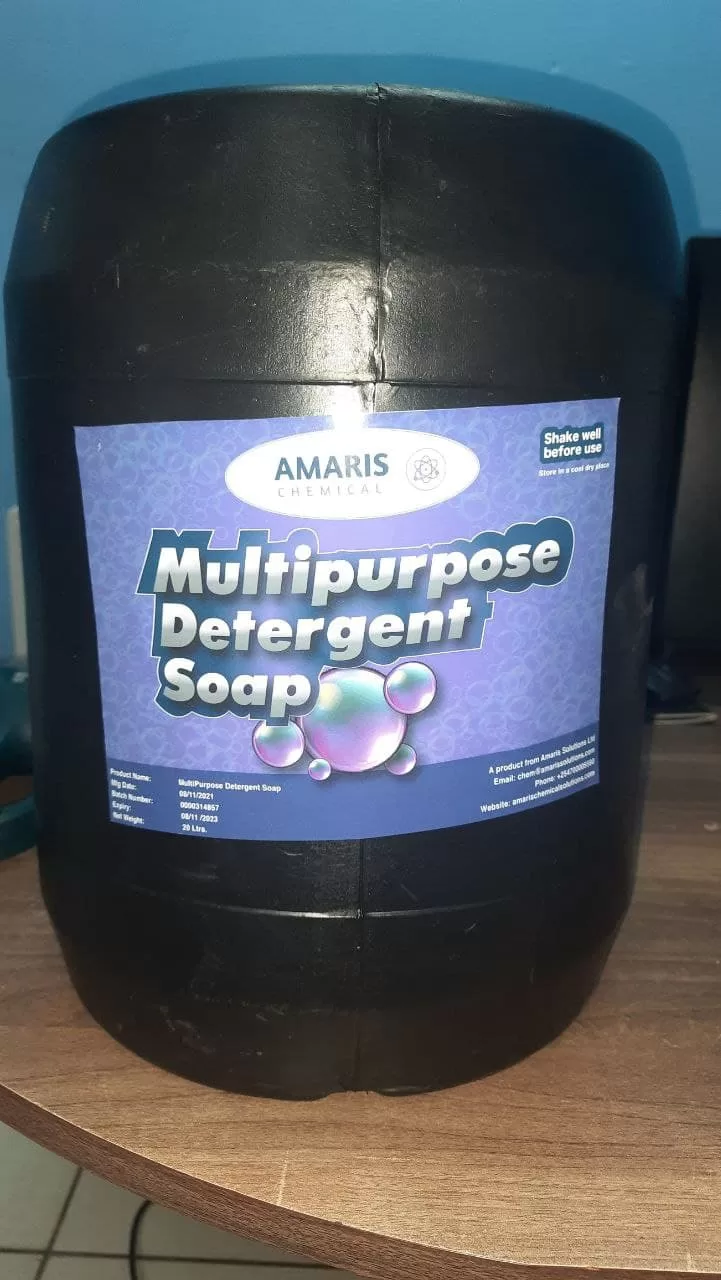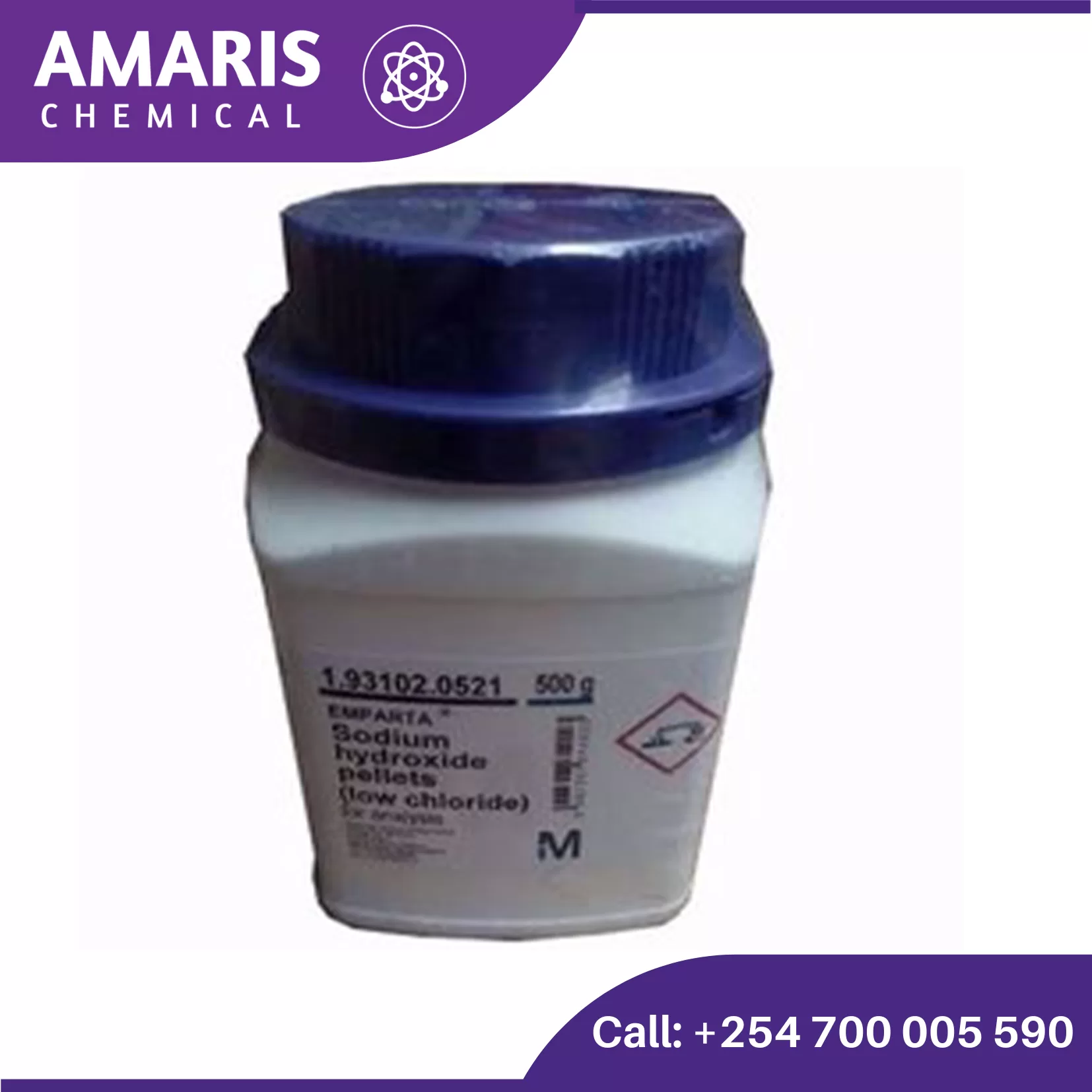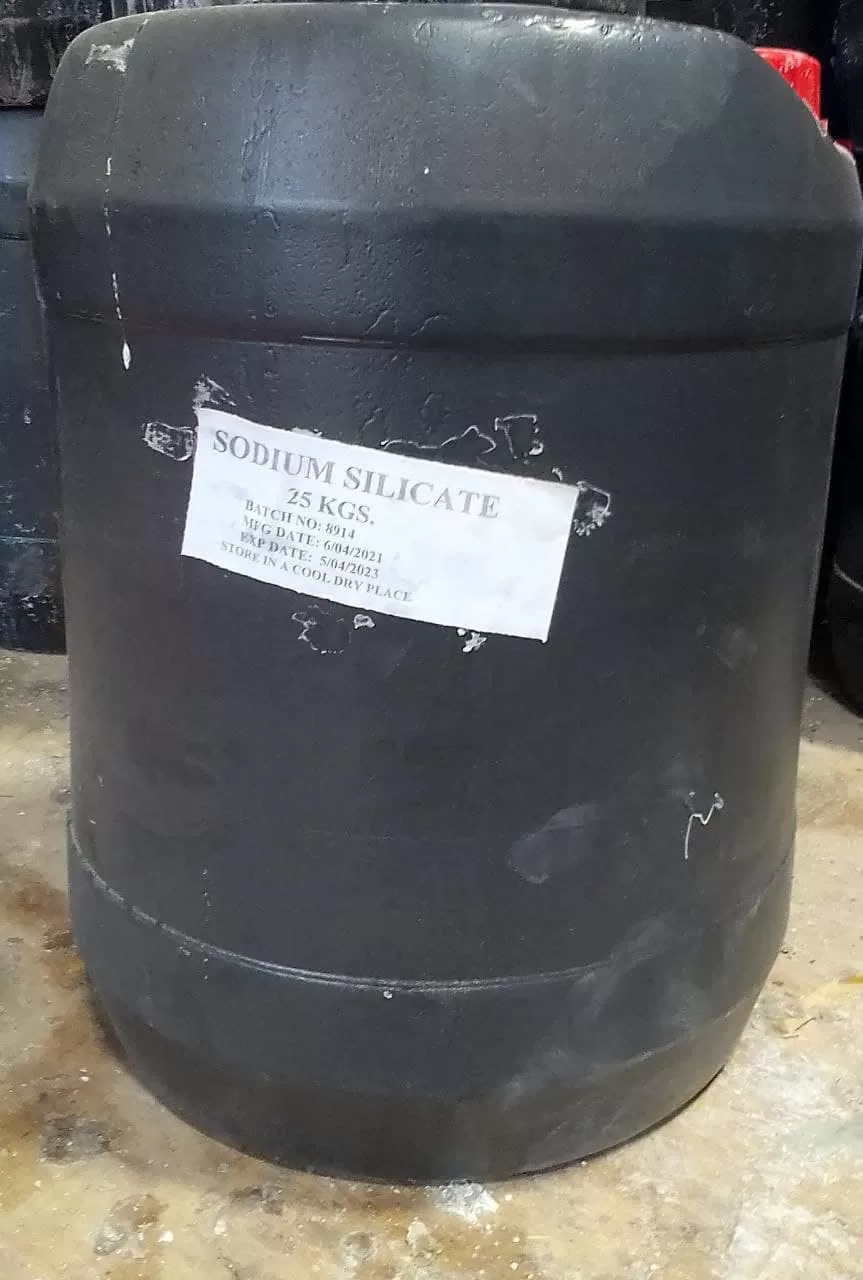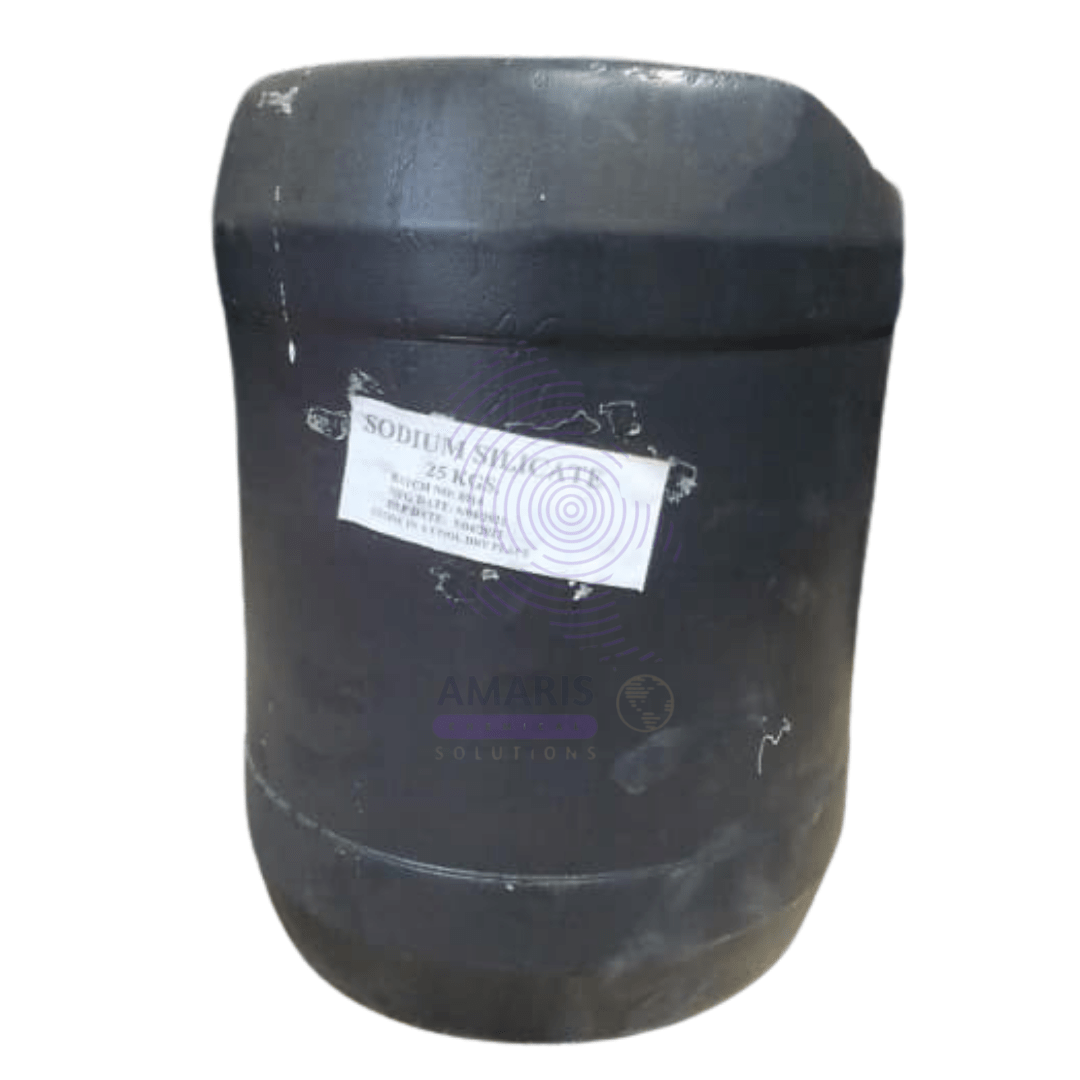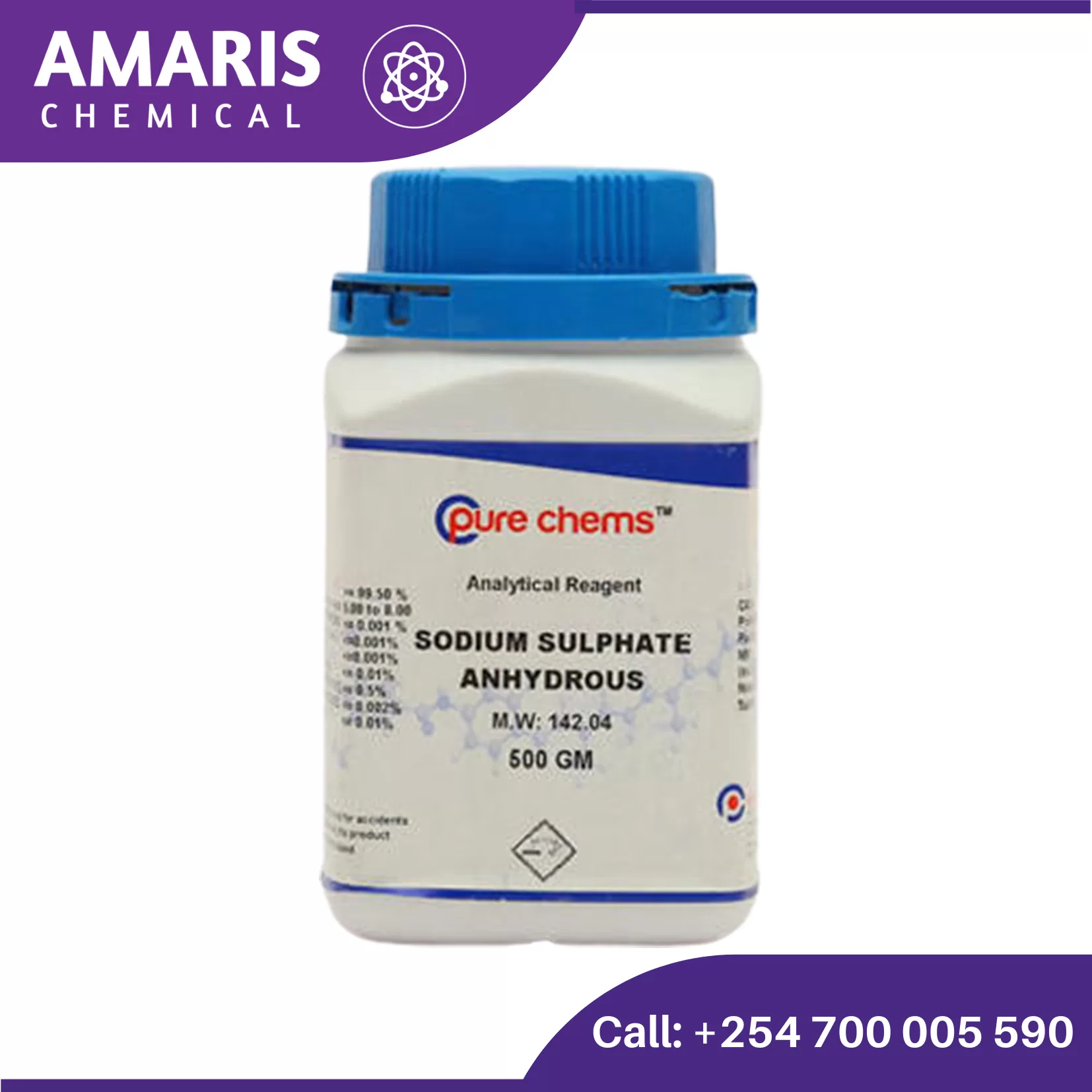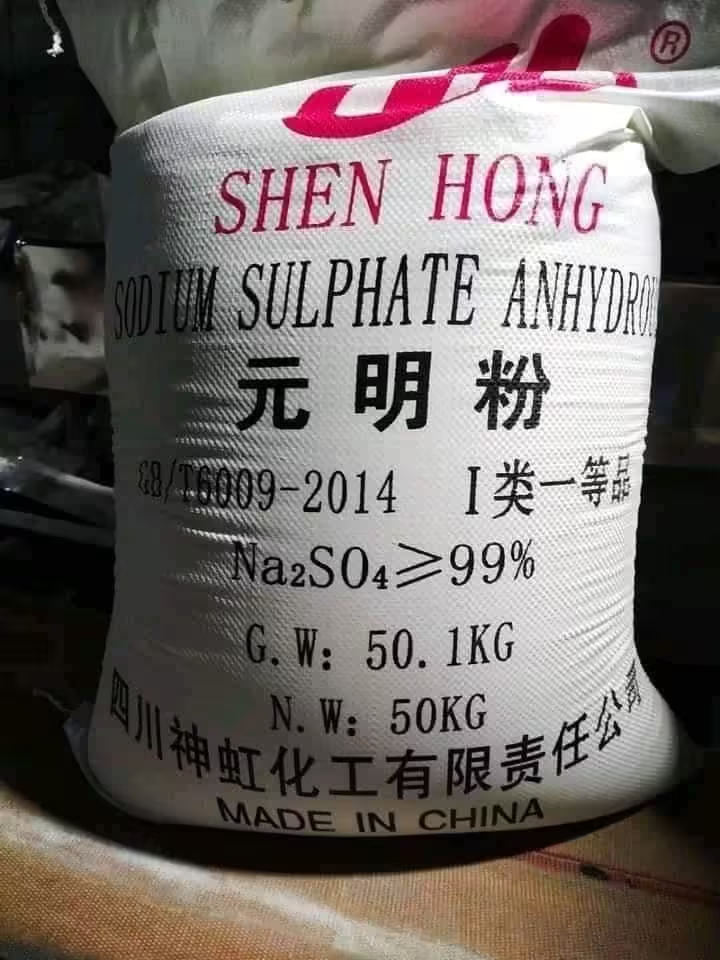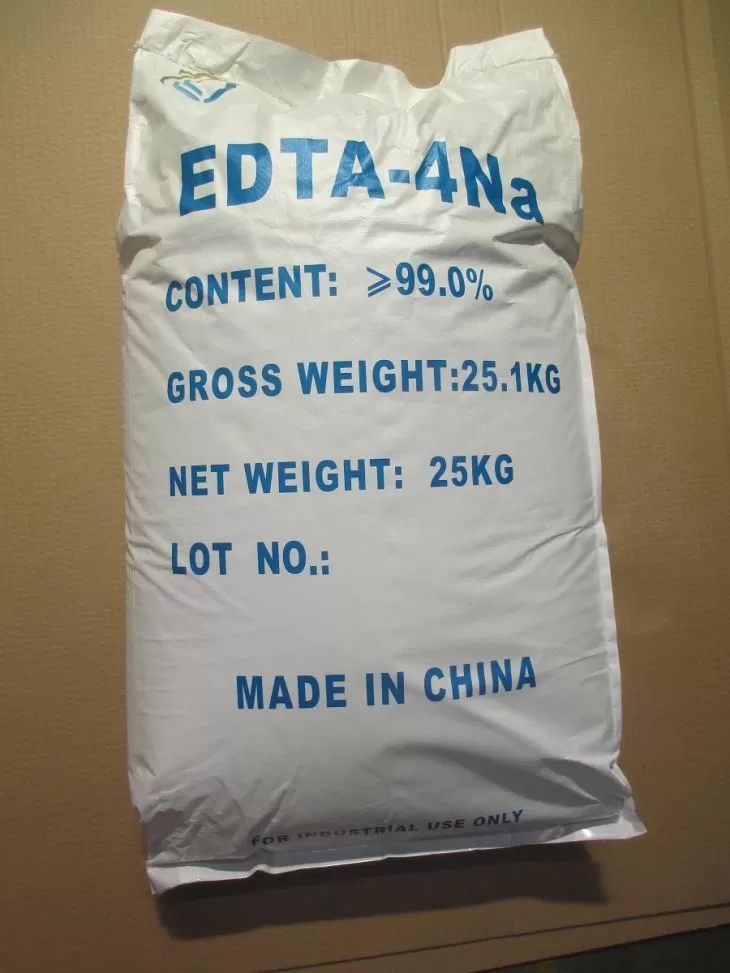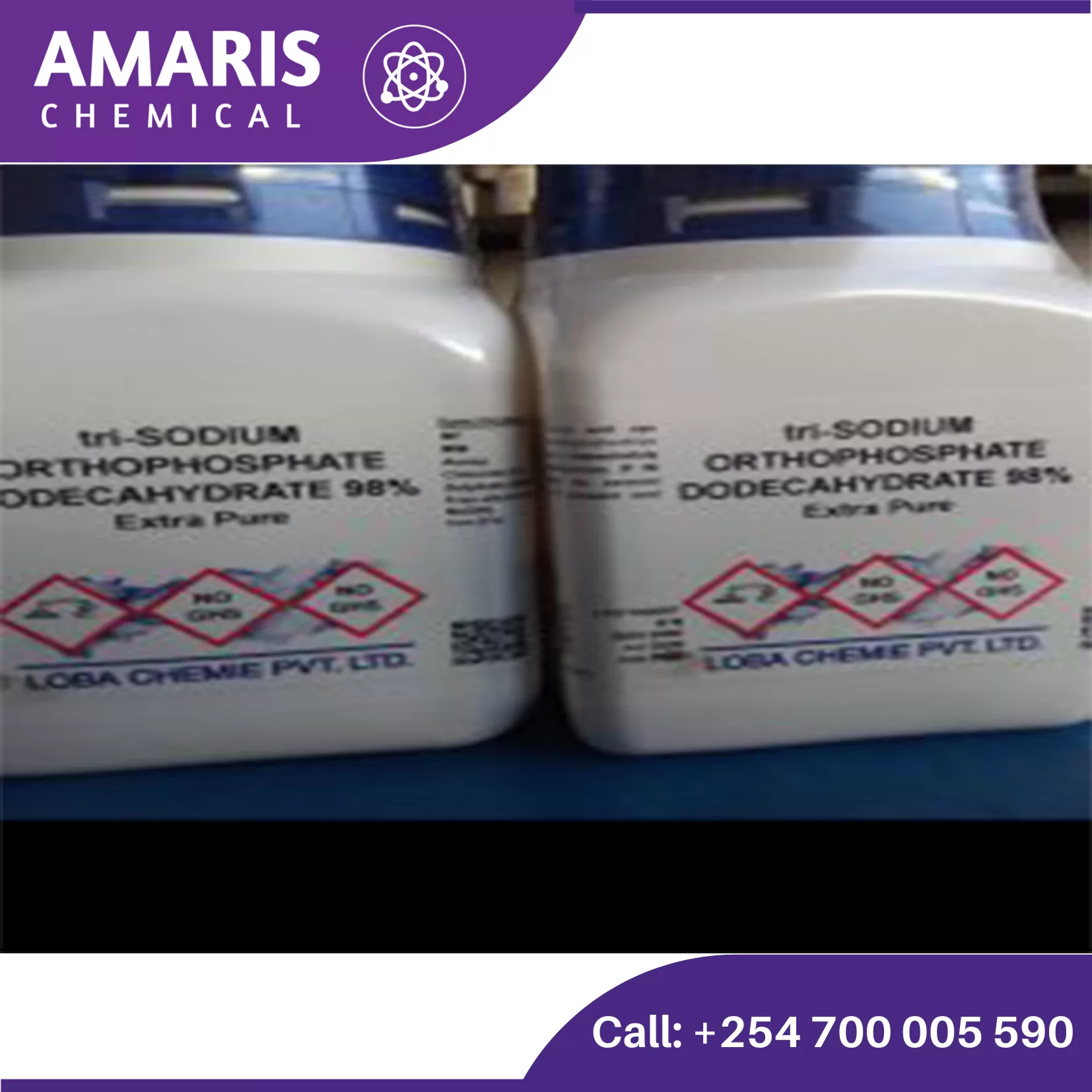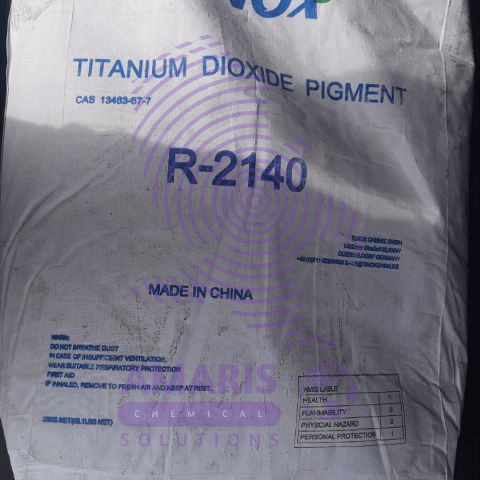
Titanium Dioxide 25kg Kronos
$7,500.00 Original price was: $7,500.00.$7,400.00Current price is: $7,400.00.

Hot melt Adhesive/Glue
$6,000.00 Original price was: $6,000.00.$5,000.00Current price is: $5,000.00.
Sodium Disilicate 25kg
Sodium disilicate is a chemical compound with the formula Na2Si2O5. It is a type of sodium silicate, also known as water glass, and is commonly used in various industrial and commercial applications.
SKU:
ACS52587CHEM0
Categories: Builders, Catalysts, Surfactants
Description
sodium disilicate
1. Detergents and Cleaning Agents
- Builder in Detergents: Enhances the effectiveness of surfactants by softening water, binding to calcium and magnesium ions, thus preventing them from interfering with the cleaning process.
- Grease and Stain Removal: Helps in breaking down and emulsifying oils and greases, making it a key ingredient in industrial and household cleaning products.
2. Adhesives and Sealants
- Binder: Used in adhesives for its ability to provide strong bonding properties.
- Sealants: Applied in formulations for sealing materials like cement and concrete, improving their strength, durability, and resistance to water.
3. Paper and Pulp Industry
- Processing Aid: Enhances the processing of paper pulp, improving the quality and characteristics of the finished paper.
- Ink Absorption: Increases the absorption of ink in paper products, contributing to better print quality.
4. Water Treatment
- Corrosion Control: Used to control corrosion in water distribution systems by forming a protective film on metal surfaces.
- Scale Prevention: Helps in preventing the formation of scale in boilers and other water systems.
5. Automotive and Metal Cleaning
- Degreasing Agent: Essential in formulations for cleaning metal parts and surfaces, effectively removing oils, greases, and other contaminants.
- Rust Inhibition: Provides temporary protection against rust and corrosion on metal surfaces.
6. Ceramics and Glass Manufacturing
- Fluxing Agent: Lowers the melting point of the raw materials in ceramics and glass production, facilitating easier processing and formation.
- Strength Enhancer: Contributes to the mechanical strength and durability of ceramic and glass products.
7. Construction Industry
- Concrete Additive: Used in concrete mixtures to enhance the material’s properties, such as increasing its hardness, reducing permeability, and improving resistance to weathering.
- Fireproofing: Acts as a fire retardant in various construction materials.
8. Textile Industry
- Bleaching Aid: Assists in the bleaching process of textiles, ensuring uniform color and removing impurities.
- Desizing Agent: Used to remove size (a protective glue-like substance) from fabric to prepare it for dyeing and finishing.
9. Agriculture
- Soil Stabilization: Helps in soil stabilization processes, improving soil structure and reducing erosion.
- Fertilizer Production: Occasionally used in the production of certain types of fertilizers.
10. Miscellaneous Applications
- Catalyst Support: Used as a support material for catalysts in chemical reactions.
- Preservation: Used in preserving artifacts and artworks due to its protective properties.
Shipping & Delivery


MAECENAS IACULIS
Vestibulum curae torquent diam diam commodo parturient penatibus nunc dui adipiscing convallis bulum parturient suspendisse parturient a.Parturient in parturient scelerisque nibh lectus quam a natoque adipiscing a vestibulum hendrerit et pharetra fames nunc natoque dui.
ADIPISCING CONVALLIS BULUM
- Vestibulum penatibus nunc dui adipiscing convallis bulum parturient suspendisse.
- Abitur parturient praesent lectus quam a natoque adipiscing a vestibulum hendre.
- Diam parturient dictumst parturient scelerisque nibh lectus.
Scelerisque adipiscing bibendum sem vestibulum et in a a a purus lectus faucibus lobortis tincidunt purus lectus nisl class eros.Condimentum a et ullamcorper dictumst mus et tristique elementum nam inceptos hac parturient scelerisque vestibulum amet elit ut volutpat.
Related products
Caustic Soda Flakes 25 kg bags
Caustic Soda Flakes (Sodium hydroxide,) commonly known as caustic soda or lye, is a highly caustic and alkaline compound that is used in various industries for its strong basic properties, including the production of soaps, detergents, and paper. It is a white, odorless solid that is highly soluble in water and can be extremely hazardous if not handled properly. Sodium hydroxide is a strong base that can cause severe burns and tissue damage upon contact with skin and other organic matter.
CocoDiethanolamide CDEA
Cocamide DEA (CDEA), also known as cocodiethanolamide, is a type of non-ionic surfactant derived from coconut oil. It is commonly used as a foaming agent, emulsifier, and viscosity builder in various personal care and household cleaning products, such as shampoos, bath gels, liquid soaps, and detergents. CDEA is valued for its ability to enhance the performance of other ingredients in a formula, as well as its mildness on the skin and hair
Multipurpose detergent Soap
$2,500.00
Rated 5.00 out of 5
Sodium Hydroxide Pearls 500gm
Analytical Reagents, Builders, Coagulants and Flocculants, Drilling Fluids, Excipients, Finishing Agents, PH Adjusters
Sodium Hydroxide Pearls are small, solid beads of sodium hydroxide, a strong alkaline compound. They are commonly used in industrial applications, including cleaning, pH regulation, and chemical synthesis. The pearls dissolve easily in water, forming a highly caustic solution that can handle a variety of tasks, from de-greasing surfaces to adjusting the acidity of solutions. They require careful handling due to their corrosive nature and can cause severe chemical burns if not used properly.
Sodium silicate 20litres
Sodium silicate, commonly known as water glass or liquid glass, is a compound containing sodium oxide (Na₂O) and silica (SiO₂). It is typically represented by the formula Na2SiO3text{Na}_2text{SiO}_3Na2SiO3, but it can vary, forming a range of compositions depending on the ratio of sodium oxide to silica.
Properties
- Physical State: It is usually found in a glassy, crystalline solid form or as a thick, syrupy liquid.
- Appearance: Colorless to light brown.
- Solubility: Highly soluble in water, forming a viscous solution.
- pH: Alkaline, typically around 11-12.
Production
Sodium silicate is produced by fusing sodium carbonate (soda ash) and silica sand at high temperatures. The general reaction is: Na2CO3+SiO2→Na2SiO3+CO2text{Na}_2text{CO}_3 + text{SiO}_2 rightarrow text{Na}_2text{SiO}_3 + text{CO}_2Na2CO3+SiO2→Na2SiO3+CO2Sodium Sulphate Anhydrous 500g
Sodium sulfate anhydrous, also known as anhydrous sodium sulfate or disodium sulfate, is a chemical compound with the formula Na2SO4. It is a white, crystalline powder that is soluble in water.
Here are some key properties of sodium sulfate anhydrous:
- Chemical formula: Na2SO4
- Appearance: White, crystalline powder
- Odor: Odorless
- Solubility: Soluble in water, insoluble in most organic solvents
- Melting point: 884 °C (1623 °F)
- Boiling point: 1400 °C (2552 °F)
- Hygroscopic: Yes (absorbs moisture from the air)
Tetrasodium EDTA 25kg
Tetra sodium EDTA, also known as ethylenediaminetetraacetic acid tetrasodium salt, is a chemical compound commonly used in various industrial and commercial applications. It is a chelating agent, meaning it has the ability to bind and capture metal ions, thus preventing them from reacting with other substances or causing unwanted effects.
A concise definition of tetra sodium EDTA would be:
"Tetra sodium EDTA is a water-soluble salt derived from ethylenediaminetetraacetic acid, used as a chelating agent to bind and sequester metal ions, serving purposes such as metal complexation, stabilization, and preventing undesired chemical reactions."
Trisodium Orthophosphate 500gm
Trisodium phosphate is a chemical compound with the formula Na3PO4. It is a highly soluble, white, crystalline powder that is commonly used as a cleaning agent, food additive, and stain remover. TSP is made by combining sodium hydroxide (caustic soda) with phosphoric acid, and it has a variety of uses in industrial, commercial, and domestic settings due to its alkalinity and ability to emulsify oils and grease. However, TSP can also be toxic if ingested or inhaled, and it is important to handle it with care and follow appropriate safety precautions when using it.

